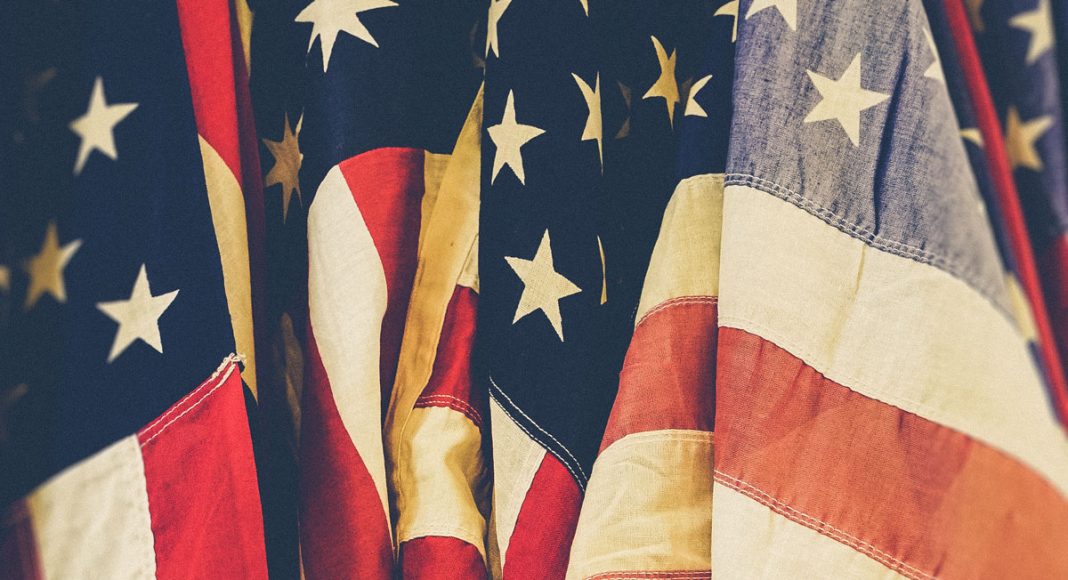Most of the marijuana legislation news last week took place on the East Coast, with significant action in New Hampshire, Vermont and Delaware. But the biggest headline of the week was the announcement that the federal government may be bringing back elements of the failed war on drugs. Find out about that more in our weekly marijuana legislative roundup.
National:
On Thursday, Attorney General Jeff Sessions issued a two-page memo instructing federal prosecutors to pursue the most severe provable charges for drug offenses. The move effectively overturns a memorandum circulated by former Attorney General Eric Holder in 2013.
-
Related Story: Did Sessions Just Escalate The War on Drugs?
The Holder memo urged prosecutors to avoid seeking charges that could result in inordinately long or racially-motivated mandatory minimum sentences for drug offenses in cases where certain criteria are met. The move represents the Trump administration’s first major effort to change the somewhat more lenient federal drug enforcement policies of the Obama administration.
New Hampshire:
The New Hampshire Senate on Thursday voted 16-7 in favor of legislation to decriminalize possession of small amounts of marijuana. Under the bill, possession of up to three-quarters of an ounce of cannabis will be reduced from a misdemeanor to a civil violation punishable by a fine of no more than $300.
The state House of Representatives, which passed a bill decriminalizing possession of up to an ounce of marijuana earlier in the legislative session, must now take up the legislation. Governor Chris Sununu has said he will sign the bill into law if passed.
Vermont:
On Wednesday, the Vermont House of Representatives passed a bill to legalize possession and use of small amounts of marijuana. Under the legislation, adults 21 and older would be allowed to possess up to an ounce of cannabis beginning in July 2018. The bill, which passed the Senate the previous week, would also create a commission tasked with drawing up an effective system to regulate the production and distribution of marijuana products.
Governor Bill Scott has stated that he is not opposed to legalizing the plant so long as certain public concerns are addressed.
Colorado:
Lawmakers in Colorado failed to come to an agreement to define what constitutes prohibited public consumption of marijuana before the 2017 legislative session ended on Wednesday. Under the recreational cannabis law approved by voters in 2012, “open and public use” of the plant is not allowed.
However, the meaning of this phrase has been hotly contested in recent years, with the debate centered around whether consuming marijuana on one’s private porch constitutes public use. Legislation put forth by the Senate would have permitted a party of no more than five to do so without legal repercussions. Representatives in the Colorado House, however, argued that the five-person limit is arbitrary and would violate the spirit of the measure passed by voters.
Delaware:
The Delaware House Finance and Revenue Committee voted 10-2 on Wednesday in favor of a bill to legalize possession of small amounts of cannabis. If enacted, the measure would allow possession of no more than an ounce of marijuana by adults 21 and over. The legislation also provides for the licensing of retail stores and cultivation facilities, and establishes an excise tax of $50 per ounce on marijuana sales.
A commission would be created to come up with a comprehensive regulatory framework for recreational cannabis production and distribution. The bill will now go to the floor for a vote of the full House.
[gravityform id=”13″ title=”false” description=”true”]


